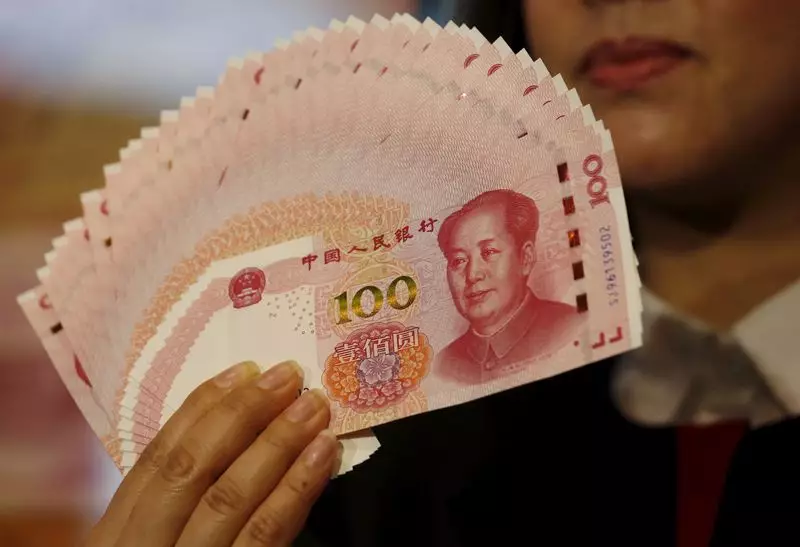In recent months, the landscape of China’s economy has become increasingly precarious, pushing many individuals into financial distress. Instead of providing genuine help, opportunistic fraudsters have capitalized on this vulnerability, promoting a new wave of so-called “isolation challenges.” Unlike the unnerving scenario depicted in the South Korean series *Squid Game*, participants in these challenges often do not face life-or-death scenarios; however, many find themselves ensnared in deceptive practices that exploit their desperation for financial relief.
Isolation challenges, which have gained traction this year through platforms like Douyin—China’s version of TikTok—are marketed as contests where participants can win substantial cash prizes. Yet, these events often come with excessively stringent rules and hidden traps. For a fee that can run into hundreds of dollars, players agree to isolate themselves for days, adhering to a rigorous set of guidelines in hopes of winning large sums—up to 1 million yuan, or around $140,000. This enticing potential for windfall tugs at the heartstrings of those struggling financially, drawing them into a maze where, unfortunately, the allure often proves too good to be true.
Participants have reported various grievances against the organizers of these isolation challenges. Incidents of participants being penalized for minute infractions—such as exceeding allowed bathroom breaks or inappropriately covering their faces—have led to accusations of unfair treatment. A notable case in October saw a court in Shandong province compel an organizer to refund a player after ruling that the contract was unjust and not in accordance with public morals. These legal interventions shine a light on the murky ethics behind such challenges, where the aspirations of participants frequently clash with the exploitative tactics of organizers.
The role of surveillance within these challenges raises further ethical concerns. Players, often filmed throughout their participation, contest the reliability of recordings used to justify prohibitions and penalties, leading to feelings of betrayal and helplessness. As participants’ personal frustration grows and stories surface, it becomes increasingly clear that the challenges are riddled with loopholes that prioritize profit over fairness.
Adding another layer of financial peril, the National Financial Regulatory Administration (NFRA) has issued warnings about fraudulent debt relief services. These so-called “debt intermediaries” present themselves as sources of assistance, promising to help individuals restructure their loans or enhance their credit profiles. Yet, behind these assurances lies a web of deception, where hefty service fees—often reaching up to 12% of the loan amount—tarnish any potential benefits.
These intermediaries leverage various communication tools, from phone calls to social media ads, preying on the vulnerable populace seeking financial stabilization. Such practices not only burden individuals with excessive costs but also raise concerns regarding the security of personal information—there’s a high risk that private data may be misused or sold to third parties.
As of November, China’s household loans had surged, totaling a staggering 82.47 trillion yuan (approximately $11.3 trillion). This increasing debt accumulation epitomizes a broader struggle faced by families navigating an economy grappling with stagnation. Fewer opportunities for legitimate financial relief options force many to consider high-risk paths, inadvertently placing themselves at the mercy of unscrupulous players.
In light of these developments, regulatory bodies are compelled to take action to protect citizens from fraudulent schemes masquerading as genuine financial solutions. The Cyberspace Administration of China and companies like ByteDance have shown little responsiveness to calls for increased scrutiny of these isolation challenges and debt relief advertisements. A proactive approach is necessary to bolster consumer protection and maintain public trust within financial systems.
As desperation continues to rise amidst economic uncertainty, the temptation to engage with questionable financial opportunities is likely to endure. Policymakers and regulators must forge a path to provide tangible support that addresses the root causes of financial hardship, rather than allowing exploitative schemes to proliferate unchecked.
While the allure of quick financial relief through isolation challenges may linger, the overarching messages emerging from these scenarios highlight a critical need for vigilance against fraud. By fostering a more transparent and accountable ecosystem, individuals can be better equipped to navigate the turbulent waters of economic recovery and assert their financial independence.

